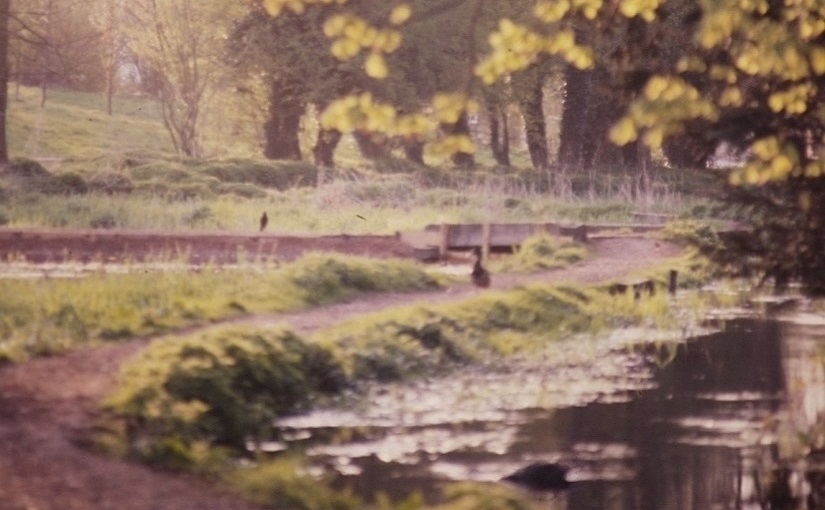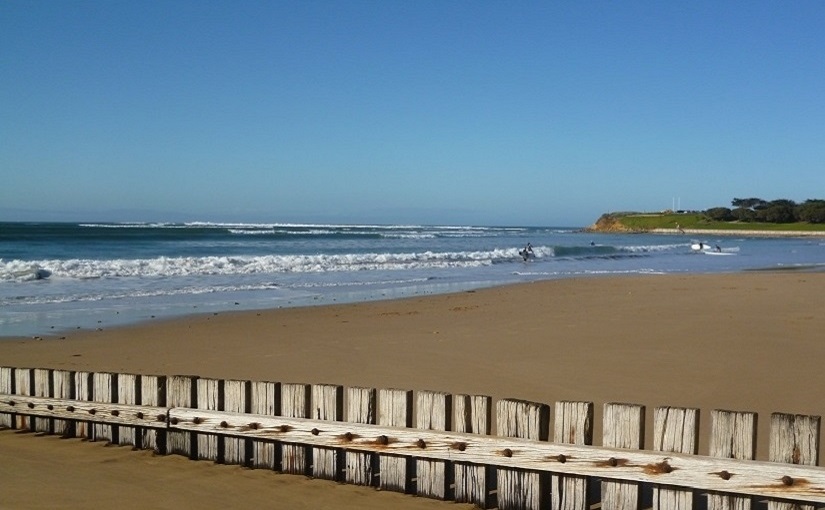My starting point for today is the enclosure of agricultural land in England in and around the eighteenth century. Not a topic that usually springs into my mind, but having studied it in some depth it’s clearly nestled someplace in there. It was quite dry as history goes, but actually pretty interesting now I come to think of it again: these decisions shaped our notions of ownership, social structure, and economic reasoning; leading towards the ways we live now and ideas we may no longer question.
Getting back to the point, what struck me most was how this visually altered the landscape: that these social decisions changed the face of nature; and how the arrangement of the arable and urban environment displays our thinking, values, and priorities (linking into Values and the economic).
Stepping away from the relative obscurity of agricultural history, the same also applies within the local environment. As mentioned in Natural World and Living the dream, I tend to look to nature in its capacity to offer wisdom about how we live. It seems to me that the image of nature can be read in terms of intentions, forethought, neglect, patience, timeliness, perseverance, and faith in the future.
On a simple level, front gardens describe our priorities: do we value convenience, low costs and little maintenance; or do we look to the value these spaces offer natural ecosystems or local environment, and the aesthetic joy they contain? Do we keep a beautiful old tree because it offers a sign of longevity and an intriguing form, while depicting the passing seasons; or do we grow tired of the burden of sweeping its falling leaves?
Many gardens and public spaces tell a tale of neglect, of spaces once held with clear intentions that are no longer present. I wonder at times if there are people able to ‘read’ these spaces and discern at what point an older person was no longer able to tend it; the number of seasons that had passed under the dubious custodianship of a rental agreement; or the degree of horticultural foresight applied to the establishment of newly built shared accommodation.
I find that becoming custodian of a neglected space can be demoralising: an often thankless task of redressing and eradicating past oversights to restore a clearer vision. For me, there’s true value in it though; in reclaiming land through intention and effort, recreating something that can speak volumes and provide a breath of fresh air in its testament to humanity.
Coming back to enclosures and social change, this reminds me of Community – what it was, what we lost in that how we organise and relate to the space around us may belie our attitudes to life and one another. Historical events, be they large or small, shape our ideas as well as our realities (something explored within Writings on Education). For me, this highlights the importance of knowing our path, reading our environment, and being able to respond purposefully to what we find there.










